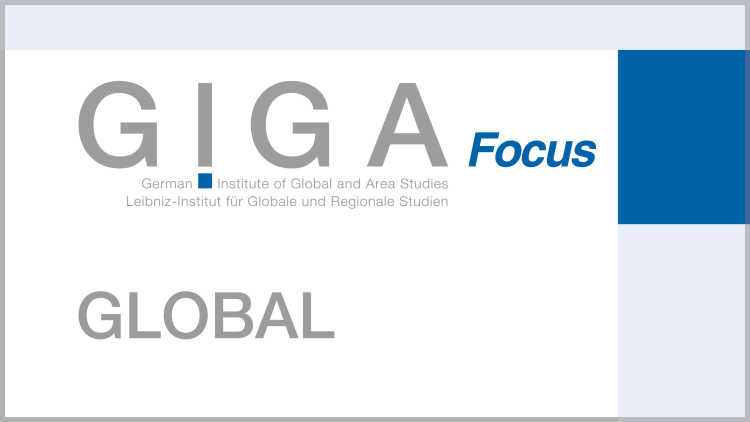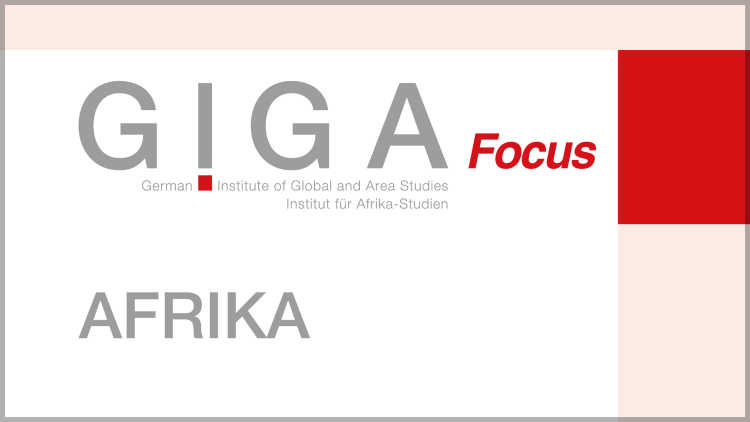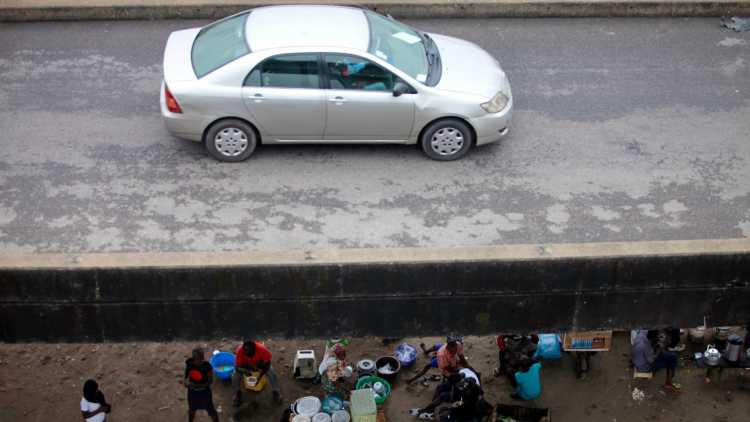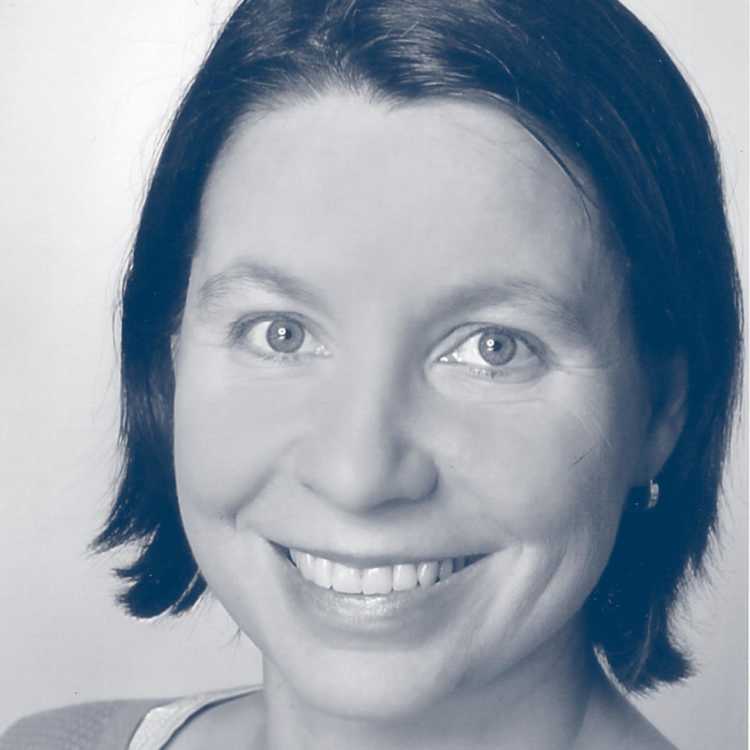- Home
- Publications
- GIGA Focus
- South Africa’s Elections 2014: And the Winner is?
GIGA Focus International Edition English
South Africa’s Elections 2014: And the Winner is?
Number 4 | 2014 | ISSN: 2196-3940
On 7 May 2014, less than half a year after the death of Nelson Mandela, South Africans democratically elected for the fourth time since 1994 the country’s national parliament and the various provincial governments. In a generally relaxed climate, all seemed well in the rainbow nation. Most parties welcomed the announced results. But do they and the South African people now have cause for optimism?
Analysis
This contribution presents a summary report and analysis of the final stages of the lead up to the elections, the vote count, and the results, partly based on personal observations during 4–10 May 2014. It comments on the political trends now likely to emerge, as indicated by both the election results and the reactions of the parties to them. Furthermore, it offers a mapping of the current political landscape in the country, as reproduced in the national and provincial parliaments – and also as it exists outside of these institutions of governance.
Despite some institutional flaws that favored the ANC as the dominant party, the election campaigning was relatively open and fair – though, as always, the bigger parties had advantages thanks to the greater financial means at their disposal.
The voting and counting processes happened with only a few minor disturbances therein, and even at local “hotspots” hardly any disruptions occurred that could have cast doubts on the legitimacy of the electoral procedures.
The final results officially announced were finally accepted by all parties and the wider public, which testifies to the democratic nature and general political stability of South Africa’s current governance system.
The general analyses by observers tended to be more critical as regards the success of the bigger parties than the official party declarations themselves suggested, while it seems that the future of the ANC and of South Africa’s political landscape is being affected by growing voter apathy (mainly among the younger generation).
Footnotes
How to cite this article
Melber, Henning (2014), South Africa’s Elections 2014: And the Winner is?, GIGA Focus International Edition English, 4, Hamburg: German Institute for Global and Area Studies (GIGA), http://nbn-resolving.de/urn:nbn:de:0168-ssoar-390973
Imprint
The GIGA Focus is an Open Access publication and can be read on the Internet and downloaded free of charge at www.giga-hamburg.de/en/publications/giga-focus. According to the conditions of the Creative-Commons license Attribution-No Derivative Works 3.0, this publication may be freely duplicated, circulated, and made accessible to the public. The particular conditions include the correct indication of the initial publication as GIGA Focus and no changes in or abbreviation of texts.
The German Institute for Global and Area Studies (GIGA) – Leibniz-Institut für Globale und Regionale Studien in Hamburg publishes the Focus series on Africa, Asia, Latin America, the Middle East and global issues. The GIGA Focus is edited and published by the GIGA. The views and opinions expressed are solely those of the authors and do not necessarily reflect those of the institute. Authors alone are responsible for the content of their articles. GIGA and the authors cannot be held liable for any errors and omissions, or for any consequences arising from the use of the information provided.







